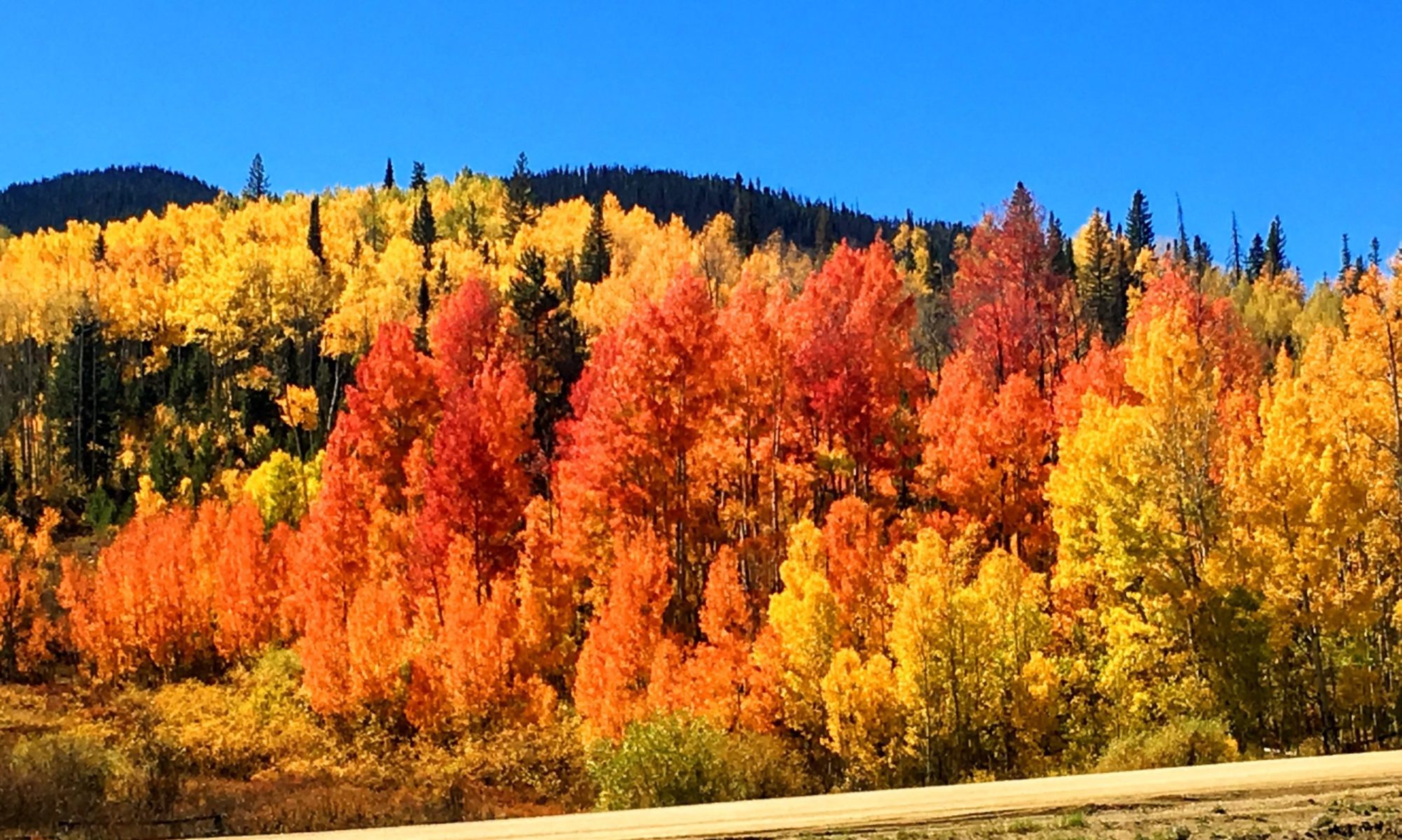Hunter S. Thompson, also known as the “Gonzo journalist,” was a man who left a lasting impression on the world of literature, journalism, and American culture. Perhaps one of the most interesting aspects of Thompson’s life and career was his connection to the small mountain town of Aspen, Colorado.
Aspen has long been known as a playground for the wealthy and famous, and in the 1960s, it began to attract a new crowd: the counterculture. Thompson, along with other notable figures such as Jimmy Buffett and Michael McClure, descended upon the town and made it their own. For Thompson, Aspen would become a place of refuge, inspiration, and excess.
In 1970, Thompson moved to a secluded cabin just outside of Aspen, where he wrote many of his most famous works, including “Fear and Loathing in Las Vegas” and “The Rum Diary.” The cabin, which was aptly named “Owl Farm,” became a mecca for Thompson’s friends and associates, as well as a steady stream of celebrities and members of the counterculture.
But Thompson’s relationship with Aspen was not without its controversies. As his fame and influence grew, so too did his penchant for wild behavior and excess. He became known for his drinking and drug use, as well as his aggressive and confrontational behavior. Despite this, Thompson remained a beloved figure in Aspen, and his memory continues to be celebrated to this day.
In 2005, Thompson died by suicide at his Owl Farm home. He left behind a legacy of vivid and gonzo-style writing which he is remembered for. He was a man who truly lived life on his own terms and his connection to Aspen will always be remembered.
Overall, Hunter S. Thompson’s connection to Aspen is an important part of his legacy, and a reminder of the cultural impact that one person can have on a community. While his wild and controversial behavior may have been polarizing, there is no denying the fact that he left a lasting impression on the world of literature, journalism, and American culture.
